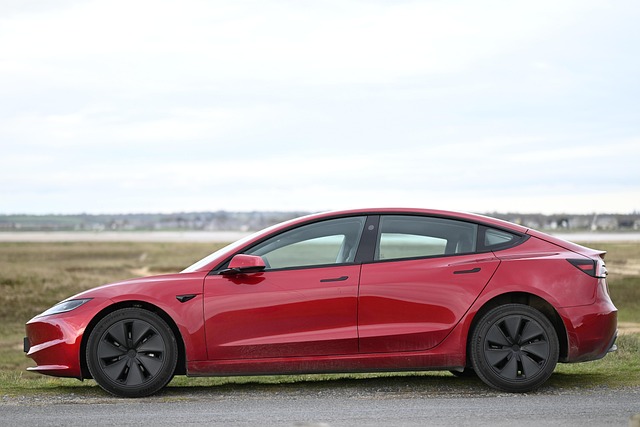In recent years, the impact of climate change has become increasingly apparent, urging communities, governments, and individuals to take collective action to safeguard our planet’s future. As we face the pressing challenge of reducing greenhouse gas emissions, one of the most promising solutions lies in the expansion of electric vehicle charging infrastructure. This vital framework not only supports a growing market of electric vehicles (EVs) but also plays a crucial role in promoting environmentally friendly practices that can mitigate climate change.
The proliferation of electric vehicles is a key strategy in our fight against climate change. By moving away from traditional fossil fuel-powered cars, we can significantly reduce the amount of carbon emissions released into the atmosphere. However, for EV adoption to truly take off, a robust and widespread charging infrastructure is essential. Imagine a future where charging stations are as ubiquitous as gas stations—where convenience meets sustainability. Such a reality would encourage more people to transition away from gas-guzzling vehicles to cleaner, electric alternatives.
But the importance of electric vehicle charging infrastructure extends beyond just convenience. Urban planning that prioritizes accessible charging stations can facilitate a cultural shift towards greener transportation options. Communities equipped with extensive charging networks can foster a sense of responsibility and awareness regarding climate change. When people see charging stations in their neighborhoods, the idea of driving an electric vehicle becomes not just a choice but a norm, further embedding sustainability into our daily lives.
Moreover, the strategic placement of charging stations can help reduce the anxiety often associated with driving electric vehicles—the infamous range anxiety. With a reliable network, EV owners can embark on longer journeys without the fear of running out of battery power. This assurance can be pivotal in encouraging those who are hesitant to make the switch and in normalizing electric vehicles as a viable option for everyone.
Additionally, as renewable energy sources become increasingly prevalent, integrating them with electric vehicle charging infrastructure can further enhance environmental benefits. Imagine charging stations powered by solar or wind energy, drastically diminishing the carbon footprint associated with electric vehicle usage. Communities could even become self-sufficient in their energy needs, further pushing the boundaries of sustainable living and combating climate change.
Investing in electric vehicle charging infrastructure is not merely a matter of convenience; it directly correlates to a commitment to environmental stewardship and sustainable living. As citizens, we have the power to influence policy changes, advocate for investments in infrastructure, and make informed choices about our transportation options. By embracing and supporting the expansion of electric vehicle charging stations, we can pave the way for a greener, cleaner future—one that actively contributes to combating the ongoing challenges posed by climate change.
In conclusion, the journey towards a more sustainable and resilient planet is one we must undertake together. By backing the development of electric vehicle charging infrastructure, we make significant strides in reducing emissions and creating an environment where green transportation can thrive, setting the stage for future generations.



